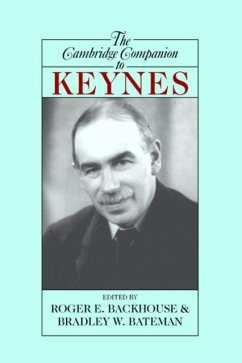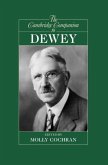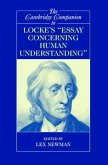John Maynard Keynes (1883-1946) was the most important economist of the twentieth century. He was also a philosopher who wrote on ethics and the theory of probability and was a central figure in the Bloomsbury Group of writers and artists. In this volume contributors from a wide range of disciplines offer new interpretations of Keynes's thought, explain the links between Keynes's philosophy and his economics, and place his work and Keynesianism - the economic theory, the principles of economic policy, and the political philosophy - in their historical context. Chapter topics include Keynes's philosophical engagement with G. E. Moore and Franz Brentano, his correspondence, the role of his General Theory in the creation of modern macroeconomics, and the many meanings of Keynesianism. New readers will find this the most convenient, accessible guide to Keynes currently available. Advanced students and specialists will find a conspectus of recent developments in the interpretation of Keynes.
Dieser Download kann aus rechtlichen Gründen nur mit Rechnungsadresse in A, B, BG, CY, CZ, D, DK, EW, E, FIN, F, GR, HR, H, IRL, I, LT, L, LR, M, NL, PL, P, R, S, SLO, SK ausgeliefert werden.









